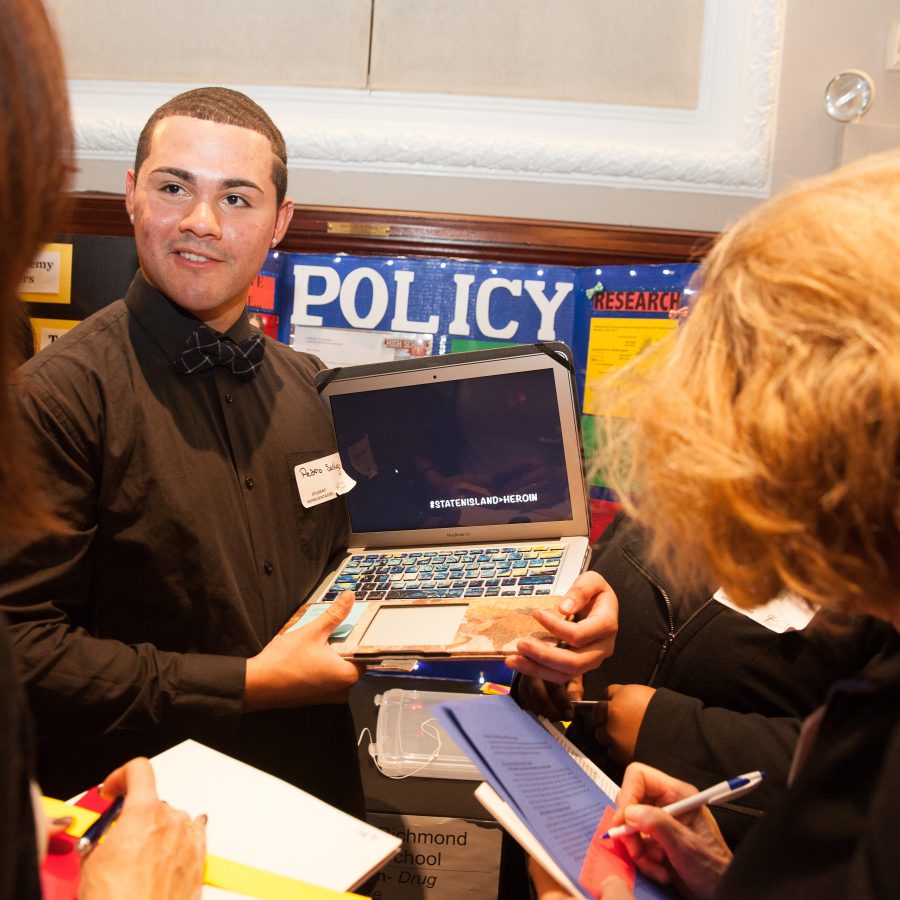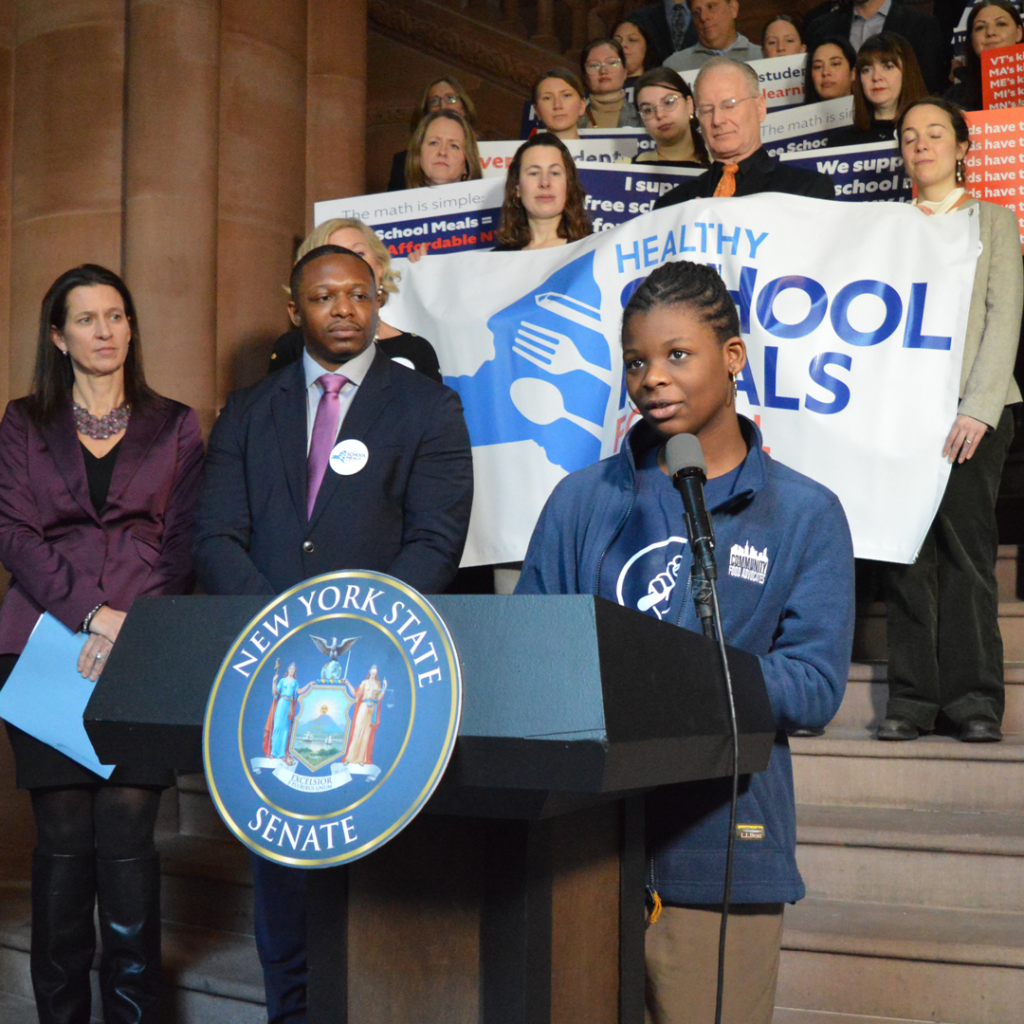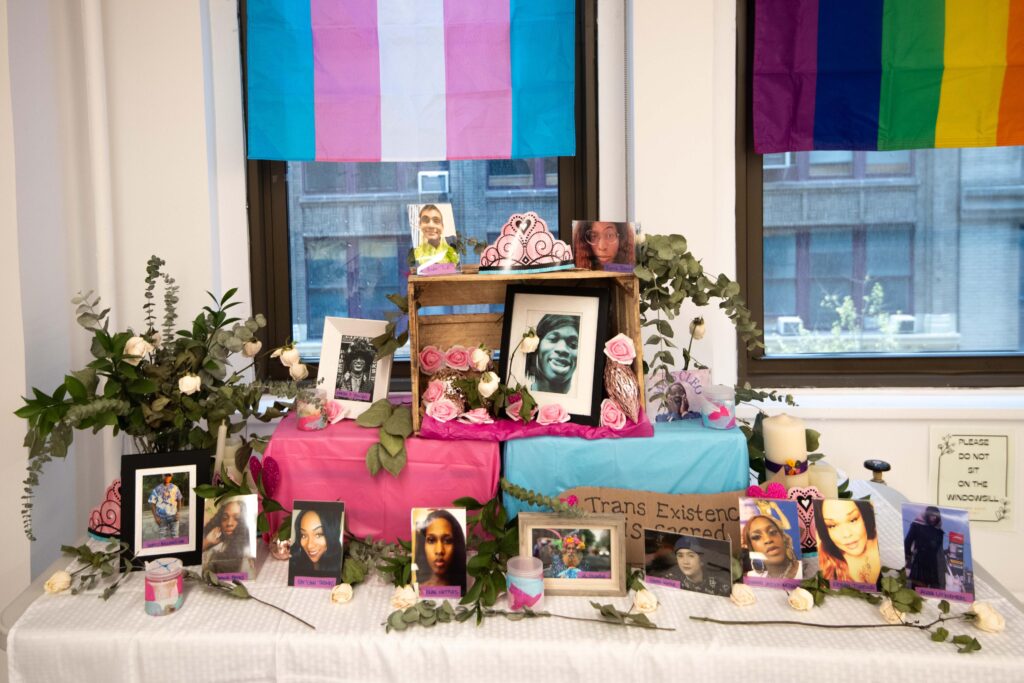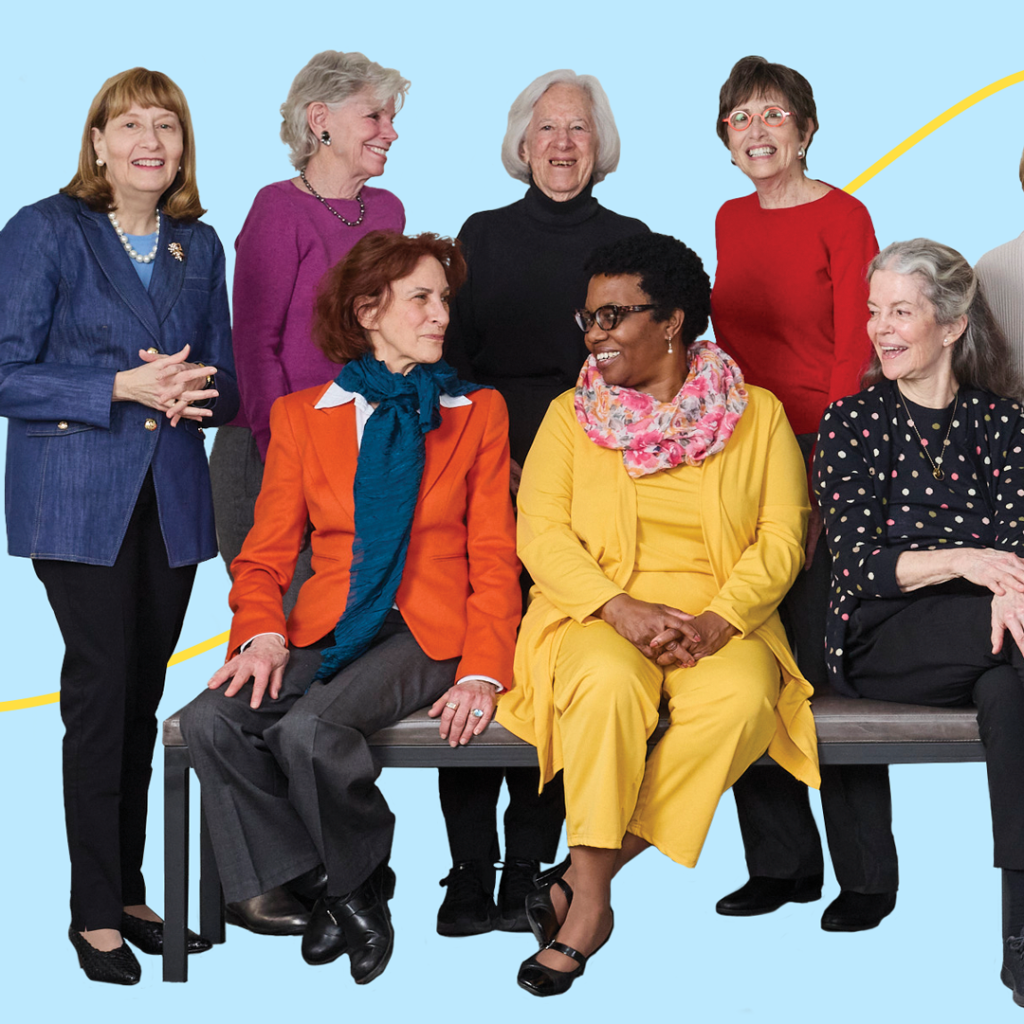“The key to having a constructive dialogue is to listen to understand, not just to respond,” said Yovika, a high school student at the Urban Assembly Academy of Government and Law on the Lower East Side.
Yovika participates in Generation Citizen’s community-based civics program, which offers middle- and high-school students a civics class and the chance to work in small groups to research an issue that is important to them. Themes have ranged from mental health and subway surfing to public school bathroom conditions. After conducting their research, students propose a solution and present their concerns and suggestions to the appropriate elected official or government agency.
“If you’re persistent and you’re really passionate about your idea, then your voice can be heard,” said Bismark, a Generation Citizen student at Quest to Learn high school in Chelsea.
Grants from The Trust have supported the program at schools in New York City, Long Island, and Westchester. New York has one of the lowest voter-turnout rates in the country, and barriers to voting and civic participation are myriad—starting with the school system.
“Engaging future voters starts with a strong civics education, yet most of the region’s public middle and high schools don’t offer civics instruction—and those that do rarely use a hands-on curriculum,” said Eve Stotland, a program director at The Trust. “Generation Citizen is helping students understand how to make their voices heard in their community, and that sets the foundation for a lifetime of civic engagement.”
While students in the civics program receive support and feedback from their teachers, they make decisions about the design and direction of their project. At the end of each semester, they present their projects to their peers, community members, and local leaders at Civics Day, an event that adopts the model of a science fair.
Dr. Courtne Thomas, executive director for the mid-Atlantic region at Generation Citizen, believes this type of project-based learning is sorely missing from many high school civics classes.
“The program helps students identify the power and impact of their voice and gives them a deeper understanding of how decisions are made in their communities,” said Dr. Thomas. “Once that process becomes clear, students can learn civics by doing civics. I think it gives them a sense of agency that sticks with them across their lifetimes.”
Students in the program also encourage their peers to register to vote and participate in nonpartisan voter-turnout forums. Young people in New York are eligible to pre-register to vote at age 16, but less than 20 percent of 16- and 17-year-olds do so. In New York City, Generation Citizen has focused in particular on supporting teachers and school partners in the Bronx, where research indicates that pre-registration rates are the lowest.
“I’m an advocate of a ‘surround sound’ approach to youth voter engagement. Peers can encourage one another to vote. Educators and local coalitions can also play a role as trusted and credible messengers,” said Dr. Andrew Wilkes, chief policy and advocacy officer for Generation Citizen. “Everybody has a role to play to make sure that young people have a supported introduction to democracy.”




